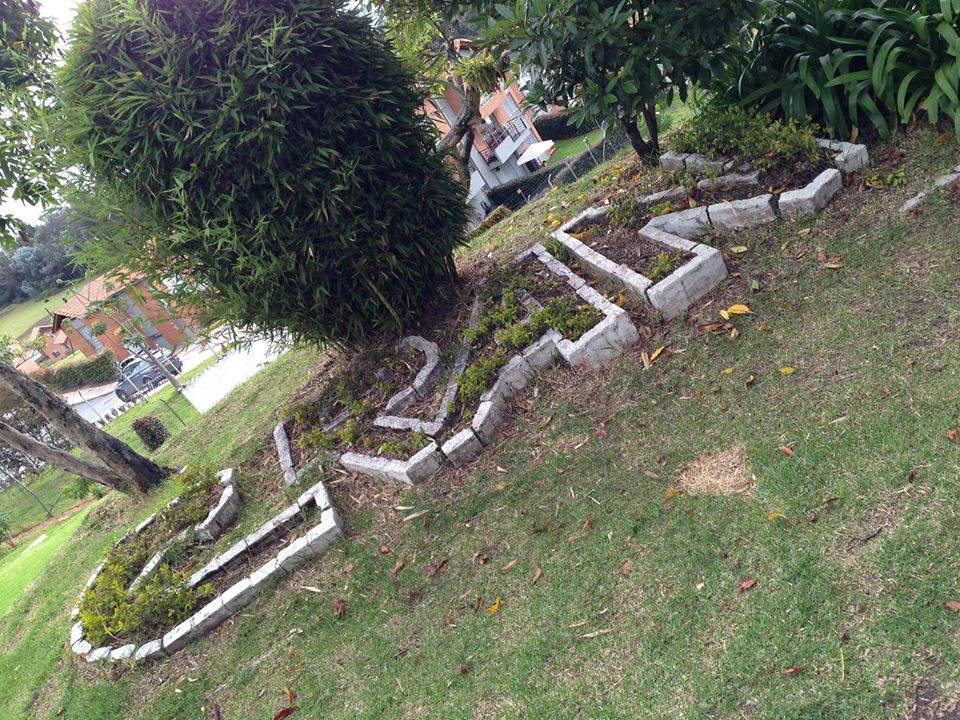Below is a short explanation of the recycling profession in Colombia. The majority of the children that we minister to at Project Hope are connected to this profession. This explanation is from the perspective of Caren, one of our Community Center student leaders.
My family supports ourselves by recycling. Although it is not considered a profession in Colombia, my parents and many other people support themselves through the recycling of materials.
In order to learn more about recycling, my parents studied how to handle types of solid waste, the use given to them, and how they should be handled. These courses are a key step that must be taken to be in the recycler trade, or environmental recovery as some call those who are in this profession. These courses are not mandatory in order to be a recycler, and many have not taken them.
There are a few different types of recyclers:
• Professional Recycler: Even though recycling in Colombia is not considered a profession, among us recyclers a professional recycler is considered the person who has taken studies on recycling. On a typical day a professional recycler leaves very early from his home to get the material out of the streets, rummaging through garbage that citizens dispose of to remove the solid waste. Other items are collected, such as cardboard, paper, glass, plastic, scrap … etc. then these residues are separated and sold. Many professional recyclers also collect things such as food or clothing that people no longer use. The afternoon is used to eat something, rest, and then they go out again in the evening.
• Those That Recycle for Drug Money: There are some that recycle to make money for drugs. These people are not official, and do not study recycling. Their only purpose is to collect items that can be sold to pay for their addiction.
• The Displaced: This is a person who comes from another city and has been displaced by violence (in Colombia this can be by legal or illegal armed groups, because in Colombia the state is also involved in displacement). These people recycle because it is their only means of support, as they are rejected from participating in many other activities. Most of the materials collected by these people are used by their families rather than being sorted out and sold to recycling centers.
No matter the kind of recycling, all of these people are discriminated against by the community.
Although there are many of us who depend on this form of income, and even though we have few resources, business leaders want to seize this type of work from us — excluding and persecuting the recycling community. Economic and political groups have created laws and regulations that make it more and more difficult for us to work. One of the more recent rules that has had a great impact on us is that we can no longer use the bicycles or horse-drawn carts that many of us own.
I like the profession of my parents, and I am proud that we give our contribution to caring for the planet even though we are discriminated against and not valued.
My family and I are grateful to the ministry of Project Hope for valuing us as people regardless of our work.
Please remember to pray for the many families that depend on recycling to support themselves. Pray that the leaders of Colombia would create laws that allow recyclers to do their job efficiently and without added difficulties. Pray that the citizens of Colombia would no longer discriminate against those that earn a living in this way, but instead would see the value of the profession and of each individual person.

